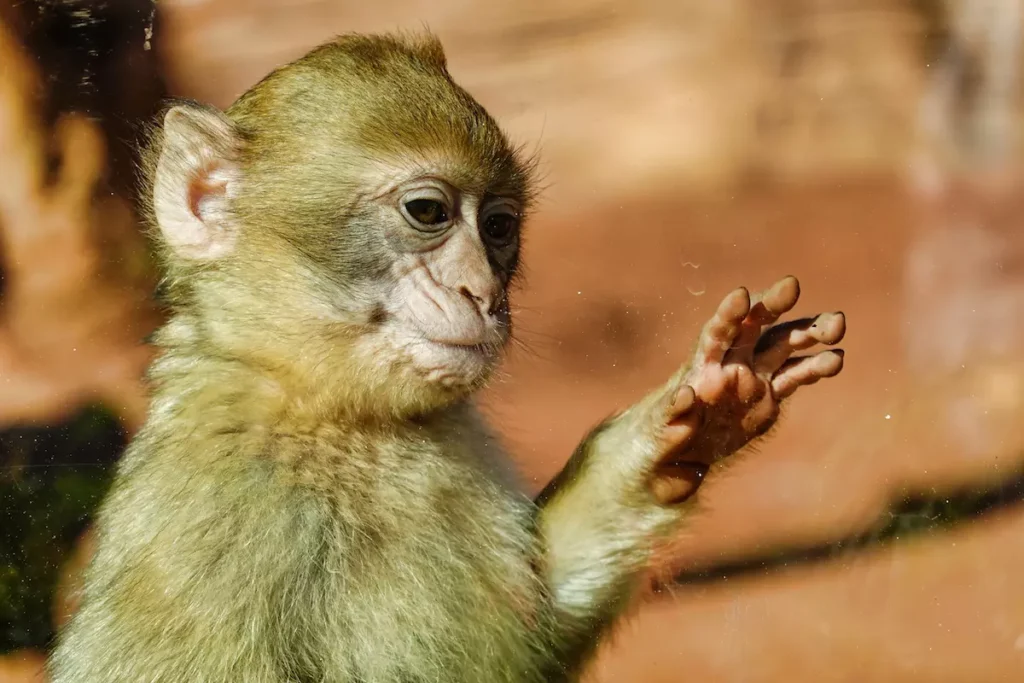Legislation is critical, given too many fatal mistakes and lack of accountability
Washington, D.C. — Animal Wellness Action, the Center for a Humane Economy, and the Animal Wellness Foundation joined with Oregon state Rep. David Gomberg (D-Otis) condemning the latest primate death at the Oregon National Primate Research Center (ONPRC), owned and operated by Oregon Health and Science University (OHSU).
“ONPRC continues to make fatal mistakes. And sadly, here in Oregon, we make them more frequently than anywhere else,” said Rep. Gomberg .
Rep. Gomberg introduced legislation, H.R. 2904, earlier this year to bring more transparency and accountability to the private research center in Hillsboro. His bill passed the Oregon House overwhelmingly and is scheduled for a vote in the Oregon Senate.
“The Oregon Health and Science University (OHSU) has announced yet another ‘accidental’ death of a nonhuman primate at their facility, over a month after it happened,” said Tamara Drake, Director of Research and Regulatory Policy at Center for a Humane Economy.

“The Oregon National Primate Research Center (ONPRC) at OHSU has the distinction of having the highest number of Animal Welfare Act (AWA) violations in the National Primate Research Center system. Documents obtained by a public records request to ONPRC uncovered a systemic pattern of disgruntled workers and animal abuse and neglect that raises serious questions whether the facility should be allowed to continue to operate,” Drake said.
“While primate researchers nation-wide are shedding tears over the shortage of primates for research, ONPRC has been at the center of primate deaths and injury. The national primate research centers are charged with overseeing and building a ‘supply’ of primates for research, but at ONPRC, they are negligently killing them and regularly violating the Animal Welfare Act,” said Scott Beckstead, director of campaigns for Animal Wellness Action and the Center for a Humane Economy.
According to a statement issued by ONPRC, an infant rhesus macaque was crushed to death by an enclosure door. The incident follows other egregious violations, including the 2020 deaths of two rhesus macaques who were scalded to death after being left in their cages and placed in an industrial cage-washing machine.
Compounding these acts of negligence and cruelty, the studies carried out are largely repetitive and appear to offer little prospect of advancing critical work to advance human health. Despite the ever-increasing growth in animal use, there is no corresponding increase in the number of human medicines making it to the clinic. There is widespread agreement among scientists and regulatory agencies that animal models are often poor predictors of the human response, with 90 to 95 percent of experimental drugs failing in humans. Yet ONPRC continues to receive millions of dollars annually for nonhuman primate research.
Decades of research for HIV/AIDS didn’t lead to treatments or vaccines. For example: Out of 85 potential AIDS vaccines that were tested in 197 human trials, only seven reached Phase III trials, and not one vaccine was successful after passing muster in chimpanzees.


